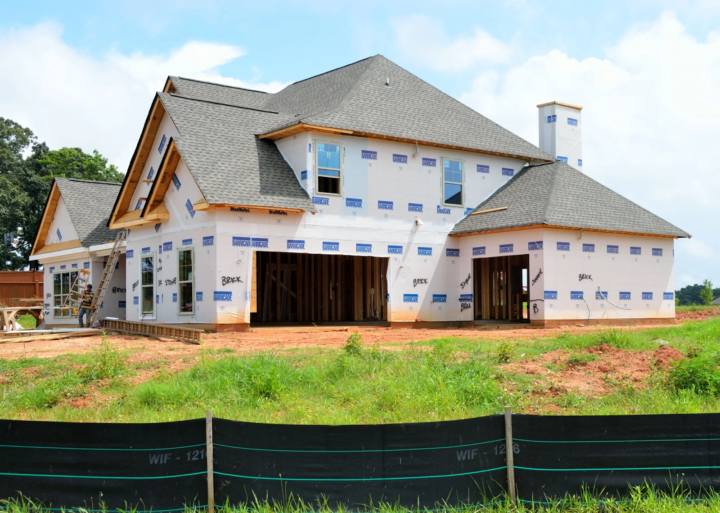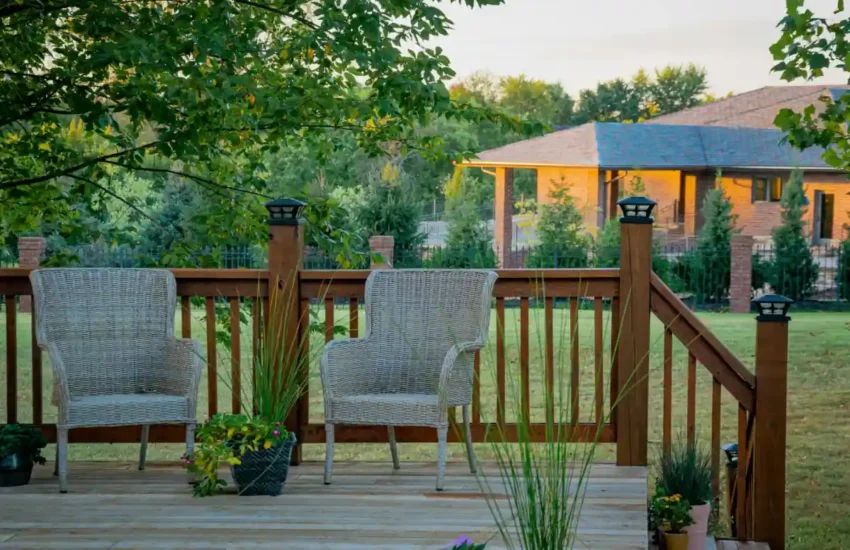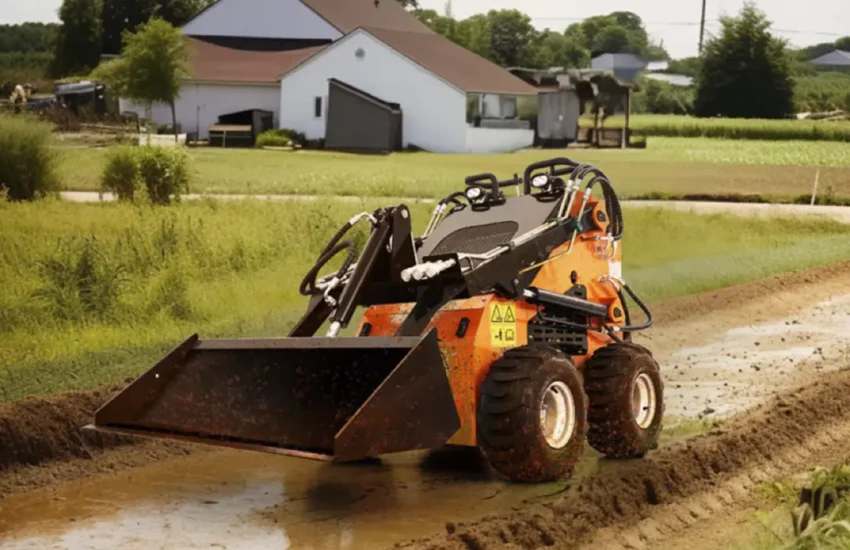Elevating Investments: Decoding the Role of Roof Condition in Real Estate
In the thriving real estate market, investors seek new strategies and opportunities. While factors like location, size, and amenities determine a property’s value, the condition of its roof is often overlooked. Yet, this simple element significantly affects the property’s present and future worth. In this blog post, we’ll explore how roof condition affects real estate investments and why it’s crucial for investors looking to elevate their portfolios.

1. Directly Impacts the Safety and Functionality of a Property
The roof is the first line of defense for any property, shielding it from external elements such as rain, snow, and wind. A well-maintained roof ensures the safety and comfort of occupants, allowing them to live and work in a secure environment. On the other hand, a damaged or neglected roof can pose serious risks to people and possessions inside the property. This can lead to costly repairs or even legal liabilities for the property owner.
Investors should always prioritize the safety and functionality of their properties, as it directly impacts their tenants’ satisfaction and, ultimately, their bottom line. The roofers at Top Notch Roofing Georgetown recommend regular inspections and maintenance to ensure the longevity and performance of a property’s roof. A property with a strong and durable roof will attract high-quality tenants willing to pay top dollar for a safe and comfortable living space.
2. Aesthetics Matter: Enhancing Curb Appeal and Property Value
Aside from its practical functions, the roof also plays a significant role in the overall aesthetics of a property. A well-maintained and visually appealing roof can enhance the curb appeal of a property, making it more attractive to potential tenants or buyers. This can translate into higher property value and faster turnover rates, which are crucial for real estate investors.
On the other hand, a damaged or poorly maintained roof can significantly decrease a property’s curb appeal and overall value. It may also deter potential tenants or buyers, resulting in longer vacancy periods and reduced investor profitability. By prioritizing the condition of their roofs, investors can elevate their properties to stand out in a competitive real estate market.
3. Roof Condition Indicates Property Maintenance and Long-Term Costs
The condition of a roof can signal the property’s maintenance and long-term costs for investors. A well-maintained roof implies proper care, including regular inspections and necessary repairs. This assures investors that their investment is secure, avoiding unexpected expenses.
However, a neglected or damaged roof can indicate long-term expenses for investors. This includes repairs or replacements for the roof and damages to other parts of the property. By monitoring their roofs, investors can make informed decisions on maintenance and budgeting for their properties.
4. Positive Impact on Energy Efficiency and Sustainability
In today’s world, where sustainability and energy efficiency are top priorities for many individuals and businesses, the condition of a roof can play a significant role in a property’s environmental impact. A damaged or poorly insulated roof can result in energy loss, leading to higher utility costs for tenants or owners. This not only affects the bottom line but also goes against sustainable practices.
On the other hand, a well-maintained and properly insulated roof can help improve energy efficiency and reduce carbon footprint, making it an attractive option for environmentally-conscious tenants or buyers. Investors who prioritize the condition of their roofs benefit their properties’ value and safety and contribute to a more sustainable future.
5. Insurance Considerations
The condition of a roof can also impact insurance considerations for investors. Insurance companies often consider the age and condition of a property’s roof when determining coverage and premiums. A well-maintained and durable roof may lower insurance costs, while a damaged or neglected roof may result in higher expenses.
In addition, having a strong and dependable roof can provide peace of mind for investors in the event of natural disasters or unforeseen damages. Investing in top-notch roofing for their properties can mitigate potential risks and protect their investments.
6. Roof Condition Influences Resale Value and Marketability
The condition of a property’s roof greatly impacts its resale value and marketability. A well-maintained roof signifies a well-kept property, boosting buyer confidence and desirability in the real estate market. Conversely, a neglected roof can deter buyers and reduce market value, hindering investors from achieving satisfactory returns.
A high-quality roof can expedite property sales in the fast-paced real estate industry. Regular roof maintenance is an investment that enhances resale value and marketability. The condition of a roof is crucial to an investor’s strategy, impacting short-term profitability and long-term portfolio growth.
While often overlooked, the condition of a roof is a crucial aspect for any real estate investor. It directly impacts the safety and functionality of a property, enhances its curb appeal and overall value, indicates maintenance and potential costs, contributes to sustainability efforts, influences insurance considerations, and ultimately affects resale value and marketability. By prioritizing top-notch roofing for their properties, investors can elevate their portfolios and achieve long-term success in the competitive real estate market.


